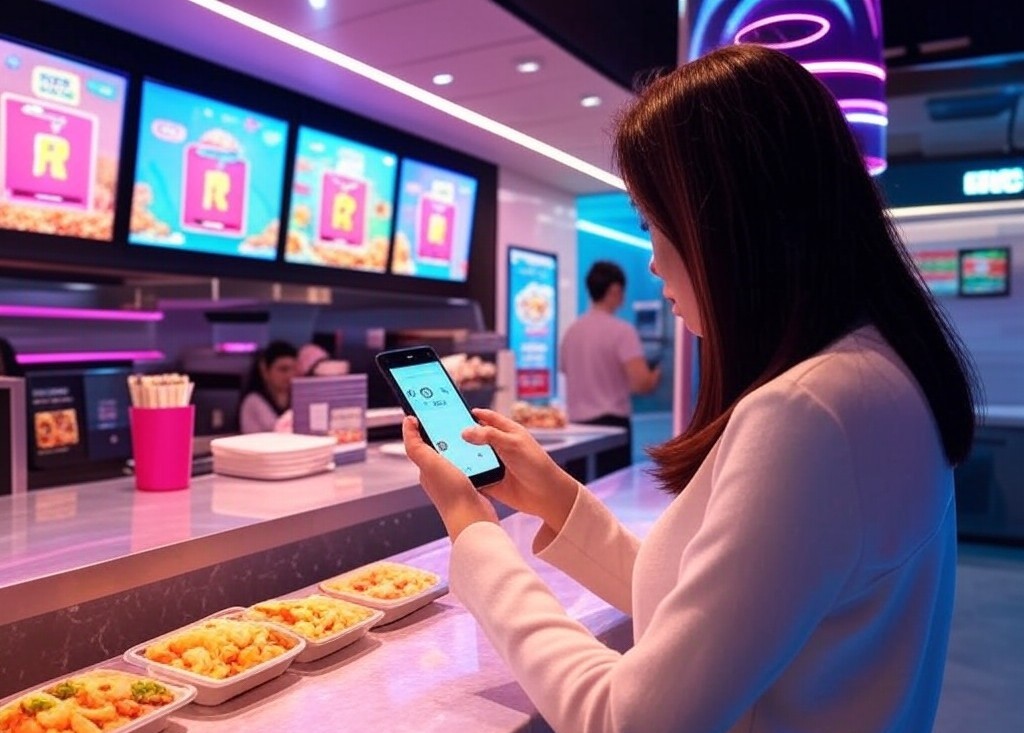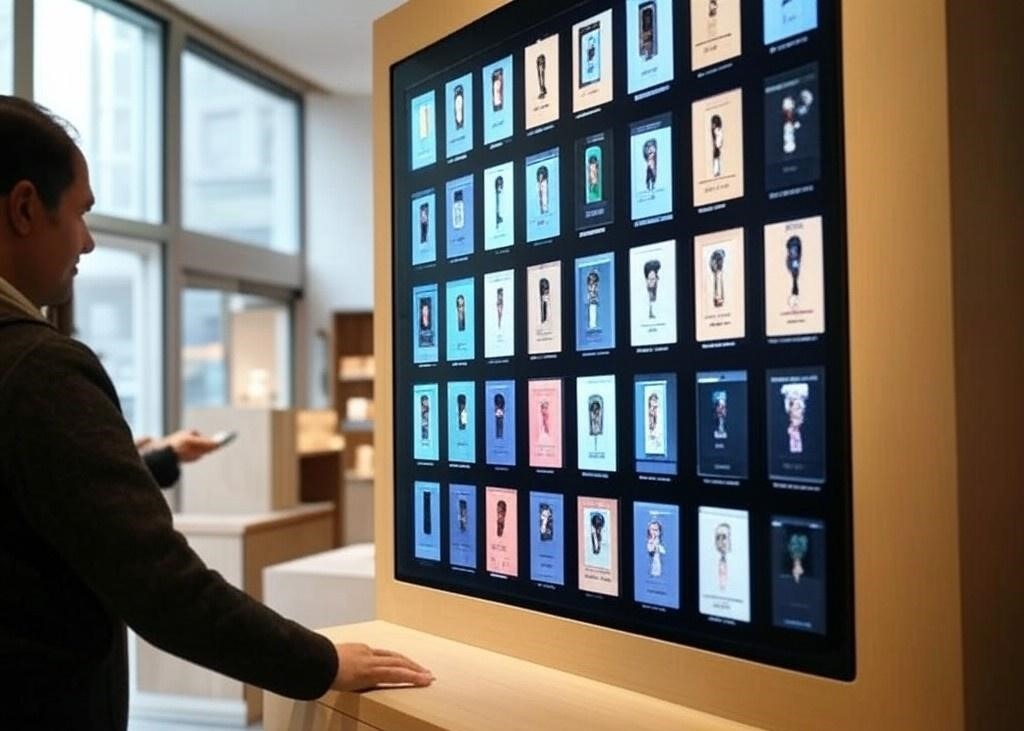
Loyalty and Rewards Program with Tokenization
- Objective: To enhance customer engagement and loyalty through a decentralized loyalty program.
- Implementation:
- Token Creation: The fast food restaurant would create its own cryptocurrency token, let’s call it “BurgerCoin.” These tokens could be earned by customers for every purchase they make. The token would be based on blockchain technology, ensuring transparency and security in transactions.
- Smart Contracts: Utilize smart contracts to automatically reward customers with BurgerCoin for purchases, special occasions (like birthdays), or for participating in promotional events. These contracts would manage the distribution, ensuring that rewards are given accurately without manual intervention.
- Decentralized Wallet Integration: Customers would use a blockchain wallet to store their BurgerCoins. This wallet could be integrated into a mobile app or accessed via a web interface. The wallet would not only hold BurgerCoins but also integrate with the restaurant’s ordering system for seamless transactions.
- Decentralized Governance: Give token holders voting rights on certain aspects of the restaurant operations, like menu changes or promotional events, fostering a community-driven atmosphere. This could be managed through decentralized autonomous organizations (DAOs) where token holders can propose and vote on initiatives.
- NFTs for Special Offers: Occasionally, the restaurant could mint unique NFTs (Non-Fungible Tokens) that could be used for exclusive dining experiences, like a chef’s table night or a secret menu item. These NFTs could be auctioned off or given as part of a rewards program, adding a layer of exclusivity and excitement to dining.
- Interoperability: If the restaurant is part of a larger chain, BurgerCoins could be used across all branches or even with partner businesses, enhancing the utility of the token. This could also include partnerships with delivery services or food supply chains for broader ecosystem benefits.
- Benefits:
- Customer Engagement: Increases customer loyalty through tangible, blockchain-secured rewards.
- Transparency: Blockchain ensures that every transaction or reward is transparent and verifiable.
- Security: Reduced risk of fraud with decentralized systems.
- Community Building: Encourages community participation in business decisions, potentially leading to more tailored offerings.
- Innovative Marketing: The use of NFTs can be an innovative marketing tool, drawing in tech-savvy customers or those interested in unique dining experiences.
- Challenges:
- Adoption: Customers need to be educated on blockchain and cryptocurrency usage.
- Regulatory Compliance: Navigating the legal landscape of cryptocurrencies in various jurisdictions.
- Scalability: Ensuring the blockchain solution can handle peak times like lunch rushes without performance issues.
This use case could make a fast food restaurant not only a place for quick meals but also an innovative hub where technology meets traditional dining, potentially setting new trends in the fast food industry.
Contact us for a free evaluation.




No Comments